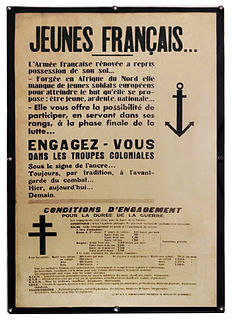 W
WColonial troops or colonial army refers to various military units recruited from, or used as garrison troops in, colonial territories.
 W
WAn askari was a local soldier serving in the armies of the European colonial powers in Africa, particularly in the African Great Lakes, Northeast Africa and Central Africa. The word is used in this sense in English, as well as in German, Italian, Urdu and Portuguese. In French, the word is used only in reference to native troops outside the French colonial empire. The designation is still in occasional use today to informally describe police, gendarmerie and security guards.
 W
WThe Gurkhas or Gorkhas with endonym Gorkhali are soldiers native to the Indian subcontinent of Nepalese nationality and ethnic Nepalis of Indian nationality recruited for the British Army, Nepalese Army, Indian Army, Gurkha Contingent Singapore, Gurkha Reserve Unit Brunei, UN peacekeeping force and war zones around the world. Historically, the terms "Gurkha" and "Gorkhali" were synonymous with "Nepali", which originates from the hill principality Gorkha Kingdom, from which the Kingdom of Nepal expanded under Prithivi Narayan Shah. The name may be traced to the medieval Hindu warrior-saint Guru Gorakhnath who has a historic shrine in Gorkha. The word itself derived from "Go-Raksha", "raksha" becoming "rakha" (रखा). "Rakhawala" means "protector" and is derived from "raksha" as well.
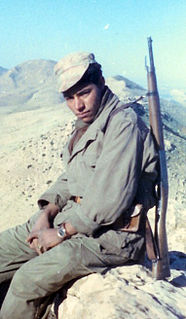 W
WHarki is the generic term for native Muslim Algerians who served as auxiliaries in the French Army during the Algerian War of Independence from 1954 to 1962. The word sometimes applies to all Algerian Muslims who supported French Algeria during the war. The motives for enlisting in the Harkis were mixed. They are regarded as traitors in Algeria and thousands died after the war in reprisals despite the Évian Accords ceasefire and amnesty stipulations.
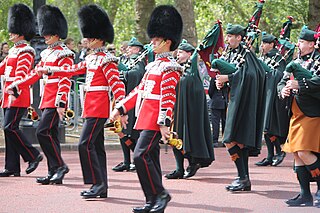 W
WThe Irish in the British Armed Forces refers to the history of Irish people serving in the British Armed Forces. Ireland was then as part of the United Kingdom from 1800-1922 and during this time in particular many Irishmen fought in the British Army. Different social classes joined the military for various reasons, including the Anglo-Irish officers who thoroughly wished to support the "mother country", while others, typically poorer Irish Catholics, did so to support their families or seeking adventure. Many Irishmen and members of the Irish diaspora in Britain and also Ulster-Scots served in both World War I and World War II as part of the British forces. However, especially since the advent of Irish independence and The Troubles, the topic of enlistment in the British forces has been controversial for the Irish at home, but does still occur. Since partition, Irish citizens have continued to have the right to serve in the British Army. Since 2007, when troops finally withdrew from the streets of Northern Ireland, the number of Irish citizens joining has increased, reaching its highest levels since World War II.
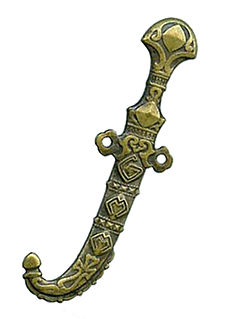 W
WThe Moroccan Goumiers were indigenous Moroccan soldiers who served in auxiliary units attached to the French Army of Africa, between 1908 and 1956. While nominally in the service of the Sultan of Morocco, they served under French officers, including as part of the Free French Forces.
 W
WSavari was the designation given to the regular Libyan cavalry regiments of the Italian colonial army in Tripolitania and Cyrenaica. The word "savari" was derived from a Persian term for "horsemen".
 W
WSchutztruppe was the official name of the colonial troops in the African territories of the German colonial empire from the late 19th century to 1918. Similar to other colonial armies, the Schutztruppen consisted of volunteer European commissioned and non-commissioned officers, medical and veterinary officers. Most enlisted ranks were recruited from indigenous communities within the German colonies or from elsewhere in Africa.
 W
WThe Senegalese Tirailleurs were a corps of colonial infantry in the French Army. They were initially recruited from Senegal, French West Africa and subsequently throughout Western, Central and Eastern Africa: the main sub-Saharan regions of the French colonial empire. The noun tirailleur, which translates variously as "skirmisher", "rifleman", or "sharpshooter", was a designation given by the French Army to indigenous infantry recruited in the various colonies and overseas possessions of the French Empire during the 19th and 20th centuries.
 W
WA sepoy was originally the designation given to a professional Indian infantryman, usually armed with a musket, in the armies of the Mughal Empire.
 W
WThe Tirailleurs indochinois were soldiers of several regiments of local ethnic Indochinese infantry organized as Tirailleurs by the French colonial authorities, initially in Vietnam from 15 March 1880. The most notable, and first established, of these units were the Tonkinese Rifles.
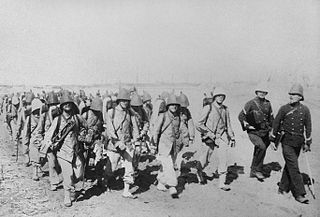 W
WThe Troupes coloniales or Armée coloniale, commonly called La Coloniale, were the military forces of the French colonial empire from 1900 until 1961. From 1822 to 1900 these troops were designated Troupes de marine, and in 1961 they readopted this name. They were recruited from mainland France or from the French settler and indigenous populations of the empire. This force played a substantial role in the conquest of the empire, in World War I, World War II, the First Indochina War and the Algerian War.
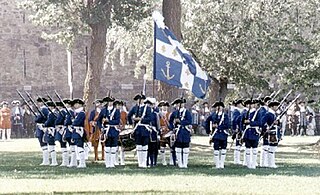 W
WThe Troupes de la Marine The troupes of La Marine, a body founded by Cardinal Richelieu in 1622 under the denomination of Compagnies Ordinaires de la Mer, were originally intended to form the garrisons of the ships of the King. It was in 1674 that Jean-Baptiste Colbert decides to make permanent colonial troops and give them the name of Compagnies Franches de la Marine.